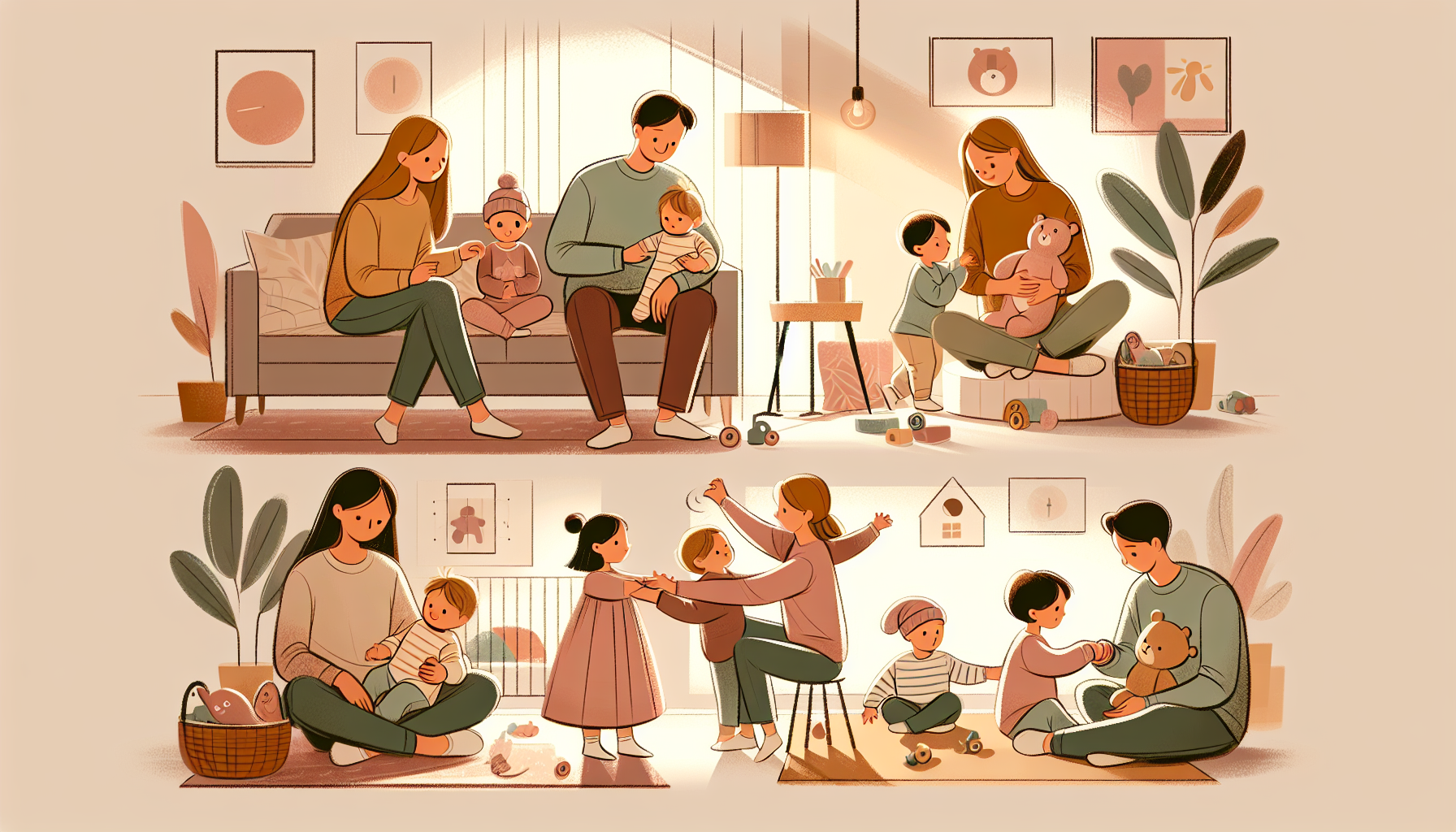How to Help Your Child Build Healthy Relationships
Building healthy relationships is a vital skill for children, one that influences their emotional well-being, social development, and future success. As parents, understanding how to nurture these skills in your child can be both a rewarding and challenging journey. This article aims to provide you with insights and practical strategies to foster strong social skills and positive relationships in your child’s life.
Main Points
Children’s ability to form healthy relationships is deeply rooted in their psychological needs. According to cognitive-behavioral therapy (CBT), these include the need for safety, autonomy, and self-expression. Let’s explore how these principles can guide us in helping children build strong social skills.
- Need for Safety: Children thrive in environments where they feel secure and loved. A stable and supportive home foundation is crucial for them to explore and form connections with others. Encourage open communication and make sure they know they can always rely on you for guidance and support.
- Autonomy and Independence: Allowing children to make choices fosters independence and builds confidence. This autonomy empowers them to engage in social interactions more assertively. Encourage them to solve problems on their own and support their decisions, even if they lead to minor mistakes.
- Self-Expression: Encourage children to express their thoughts and feelings openly. This not only strengthens your bond but also helps them develop empathy and understanding in their interactions with peers. Activities like role-playing or storytelling can be excellent ways to enhance self-expression.
Scientific studies have shown that children with strong social skills tend to have better mental health and academic performance. By focusing on these psychological needs, parents can significantly influence their child’s ability to form and maintain healthy relationships.
Practical Recommendations
Here are some actionable tips to improve your interactions with your children and help them build healthy relationships:
- Model Positive Relationships: Children learn by example. Demonstrate respect, empathy, and effective communication in your relationships. Let them see how you resolve conflicts and maintain meaningful connections.
- Encourage Social Interaction: Provide opportunities for your child to engage with peers. This could be through playdates, team sports, or group activities. These experiences help them learn to share, cooperate, and handle disagreements.
- Teach Emotional Literacy: Help your child recognize and label their emotions. Use phrases like, “I see you’re feeling sad. Why do you think that is?” This understanding is key to regulating emotions and empathizing with others.
- Set Boundaries and Expectations: Clear rules help children understand social norms and the importance of respecting others. Discuss the consequences of actions and the importance of apologizing when necessary.
Conclusion
Helping your child build healthy relationships is an ongoing process that requires patience, understanding, and active involvement. By focusing on their psychological needs and employing practical parenting strategies, you can guide your child toward forming lasting and fulfilling relationships. Remember, the skills they develop now will serve them for a lifetime, enhancing their social skills and overall well-being.
For more resources on parenting strategies and nurturing your child’s growth, visit the Child Mind website.

